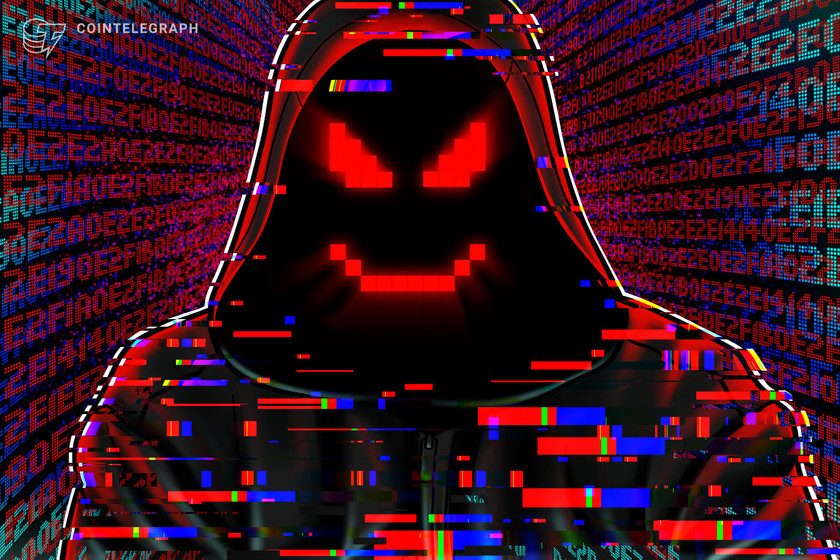IBM and data storage firm Seagate have announced a joint initiative to fight counterfeit hard drives using blockchain technology, according to a press release shared with Cointelegraph Nov. 8.
The project will reportedly use IBM’s Blockchain Platform to help manufacturers, integrators, and business partners better authenticate the provenance of hard disk drives.
IBM and Seagate’s solution will work by updating the IBM Blockchain Platform on the IBM Cloud with product authentication data based on Seagate’s security solution Seagate Secure Electronic ID (eID), the latter of which creates a unique identifier at the point of manufacture that can later be used to verify the identity of a given hard drive at any point during its life cycle.
Aside from eID, Seagate will also provide a solution dubbed “Certified Erase,” which:
“Employs cryptographic erasure technology to produce a digital certificate of data purge, which is electronically signed by the device under the Seagate Secure public key infrastructure (PKI) and stored on the blockchain for compliance management with emerging global data privacy laws.”
In conjunction with these two security layers from Seagate, the Hyperledger-powered distributed ledger framework that underpins IBM’s Blockchain Platform is geared to enabling various parties to add or edit blockchain data according to the level of their permissioned access.
As a blockchain platform, all parties — whether they be technology vendors, service providers, or end users — will have access to an immutable record of events spanning the product’s provenance and life cycle.
The multi-pronged solution is expected to help reduce data loss and approve product assurance for consumers, as well as to lower warranty costs incurred by counterfeit products.
Bruce Anderson, global managing director of electronics industry at IBM, has remarked that:
“The ability to […] combine blockchain with advanced cryptographic product identification technology […] signals blockchain’s potential to reimagine the electronics product life cycle management processes. Counterfeit electronics components are a global issue that requires an ecosystem-wide effort to address.”
IBM continues to intensively pursue blockchain technology development, just last week filing a patent for a blockchain-powered system that aims to deter augmented reality (AR) game players from intruding on undesirable locations, thus helping to set and maintain safe boundaries between AR objects and real-world physical locations.
As of Aug. 31, 2018, the tech giant ranked second worldwide in terms of the number of blockchain-related patents filed to date, second only to China’s Alibaba.









